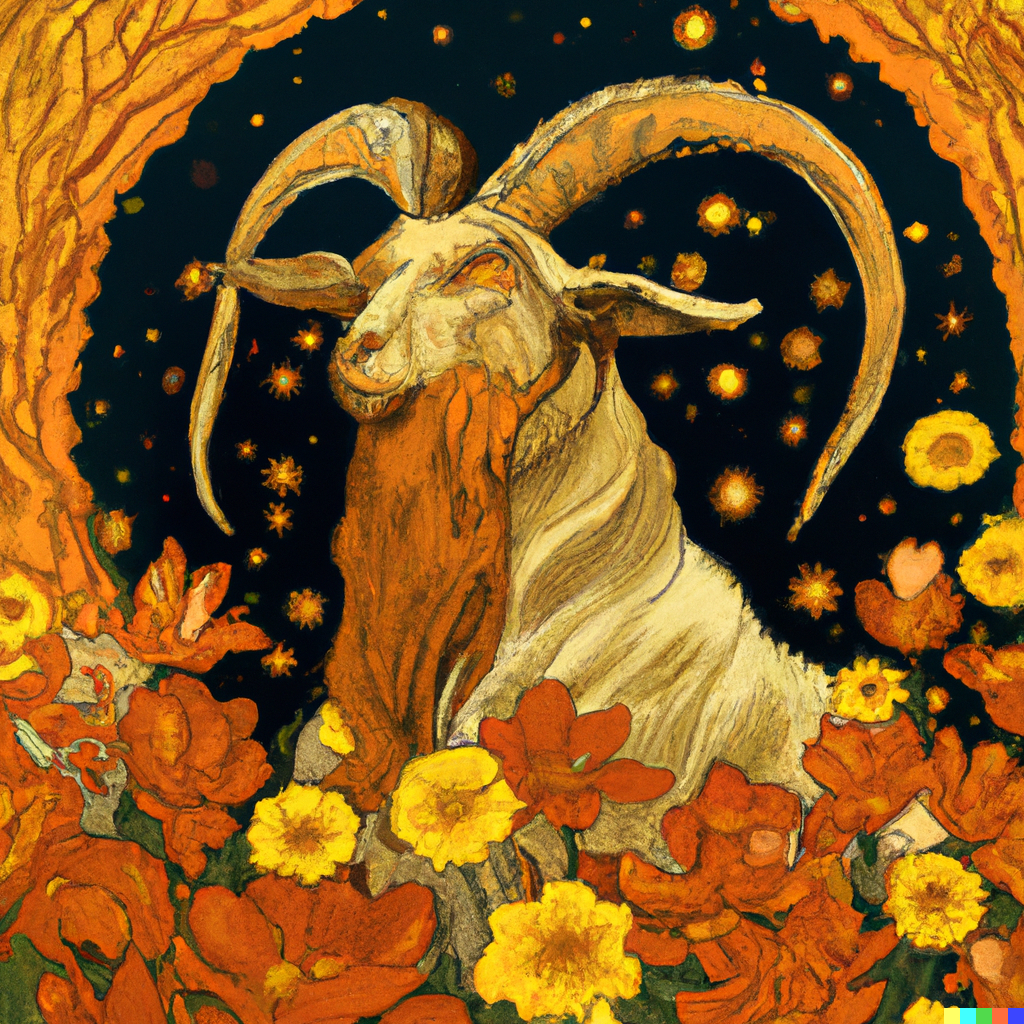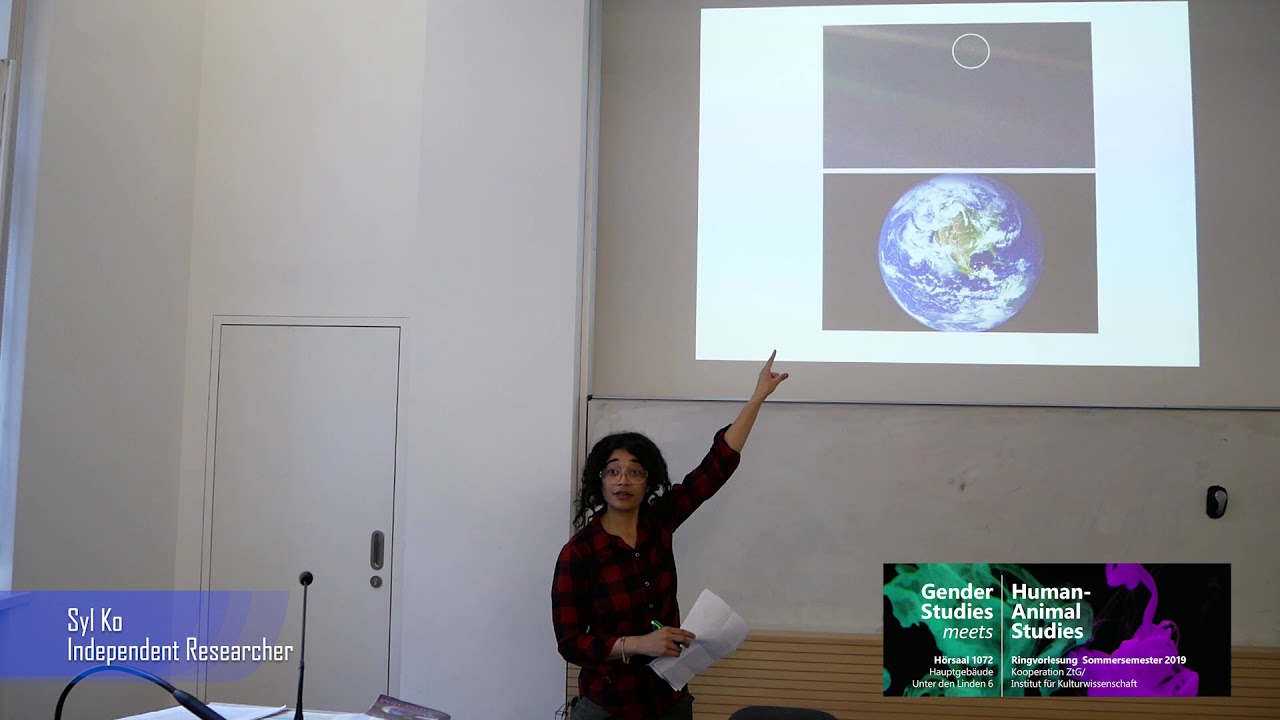Edited to add the description of the talk written by the lecturer, Syl Ko:
An ongoing debate in contemporary animal ethics and critical animal studies is whether membership in the species Homo sapiens is morally relevant. Some argue that taking into account the species of a being in moral deliberation is no different than taking into account any other morally arbitrary property of a being, such as their race or sex. (Singer) Others, however, resist the parallels drawn between speciesism and moral injustices such as racism and sexism. They argue that one’s membership in our species is not only a morally relevant fact to consider, but to insist otherwise is to threaten the nature of morality altogether. (Diamond, MacLean, Williams, Anderson)
In this presentation, I discuss another human-animal division absent from the debate, which concerns members of our species exclusively. This division establishes who is and who is not a “real human” in order to determine a social order in which members of the group “Human” are separate from and superior to the latter group, “Animal,” thus justifiably putting into place practices and institutions that ensure the former group’s dominance over the allegedly inferior others. (Deckha, Fanon, Ko&Ko, Wynter) What is under dispute in this division is not whether the affected individuals or groups are members of our species. Rather, the affected individuals or groups are recipients of inequitable treatment by virtue of their perceived failure to qualify as members of the social class, “Human.”
I argue that the latter division is, in fact, conceptually prior to the former. Thus, questions concerning the moral status of nonhuman animals ought to move away from discussions concerning species membership and to those concerning topics such as race, gender and class.


